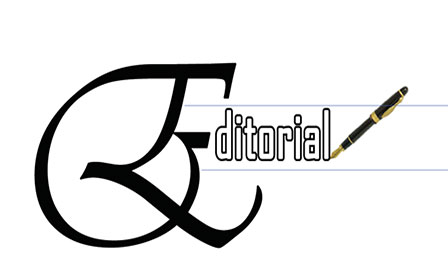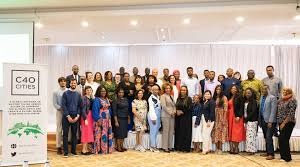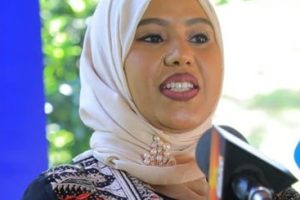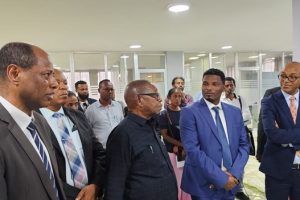
By nature, the Ethiopian New Year brings with it a lot of hope and optimism. The New Year called Enkutatash occurs on Meskerem 1 on the Ethiopian calendar, which has 12 months of 30 days plus 5 or 6 epagomenal days, which comprise a thirteenth month.
Legend traditionally also associates Enkutatash with the return of the Queen of Sheba to Ethiopia following her visit to King Solomon in Jerusalem in 980 BC. But what makes Enkutatash special is that it marks the approximate end of the long rainy season and the countryside is covered with yellow daisies.
Enkutatash is not exclusively a religious holiday. For most Ethiopians it is an occasion for a new beginning, to start life all over again. It is a time of love, forgiveness, and everything good about life.
Both at the local and national level, it is the tradition that Ethiopians start the New Year with the blessings of elders and religious leaders. This year also, the leaders of all major religions gave their Blessing for the New Year.
The leaders of various religious leaders conveyed a message of peace, love, unity, harmony, and togetherness to their faithful and all Ethiopians.
They said all Ethiopians need to unite and harmonize through tolerance, respect, love, and forgiveness.
Their general message is that the New Year can only be new when we renew our minds and hearts to triumph over our collective problems by joining hands.
True, following the bright start of the reform, the country has witnessed stability here and there. That is why religious leaders have given particular emphasis on peace. They called upon Ethiopians to prioritize peace as it is the foundation of all things.
In the spirit of forgiveness, the government has also announced that it is releasing 1,087 prisoners across the federal prisons in the country on the occasion of Ethiopian New Year.
Since the start of the reform, significant political changes have taken place that deserve applause. Having been one of the most authoritarian countries in the world, Ethiopia has been turning toward openness. Democratic processes have been increasingly witnessed since the start of the reform. But, we have also witnessed a lot of hiccups in the process. Particularly, identity-related conflicts and polarization have been threatening the progress of the reform.
Following the ups and downs the country experienced in the past year, it is imperative that we start the New Year with the spirit of hope, love, respect, unity and mutual understanding.
The New Year is a time for looking back and for looking forward. We have to go back in time and appraise the progress we have made so far, learn from our mistakes and carry on the success stories to achieve our final goal realizing a developed and democratic Ethiopia.
Political and religious leaders, scholars, businesspersons, opinion leaders, civil servants, and all stakeholders have to join hands for a common cause. Here, it should be underlined that the most important thing in this time of transition is building strong institutions that stand the test of time. The challenges we faced in the process are the outcomes of our inability to build strong institutions in the past. Thus, learning from our mistakes, all Ethiopians need to be committed enough to deal with the problems by building strong institutions.
In addition, as citizens living in a country of diversity, we have to be able to make compromises. In contrast to all our past mistakes, we have to plan to proceed in the future differently. We are living in an era of change and we have to be able to accommodate the change.
The Ethiopian Herald Sept 12/2019





